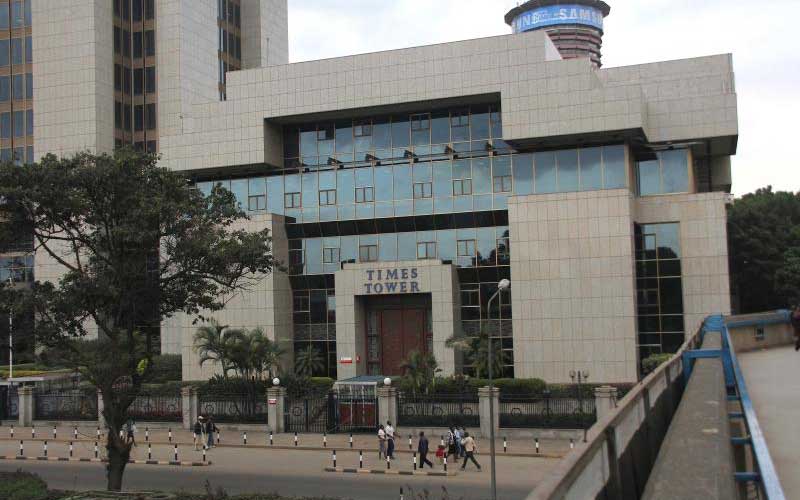×
The Standard e-Paper
Stay Informed, Even Offline

You could almost cut through the thick air hovering around Wilson Airport’s KRA Medium and Small Taxpayer office.
Hurdled together in near-sardine terms were the men and women at whose cough and beck tenants scamper to the nooks and crannies of their dingy apartments.